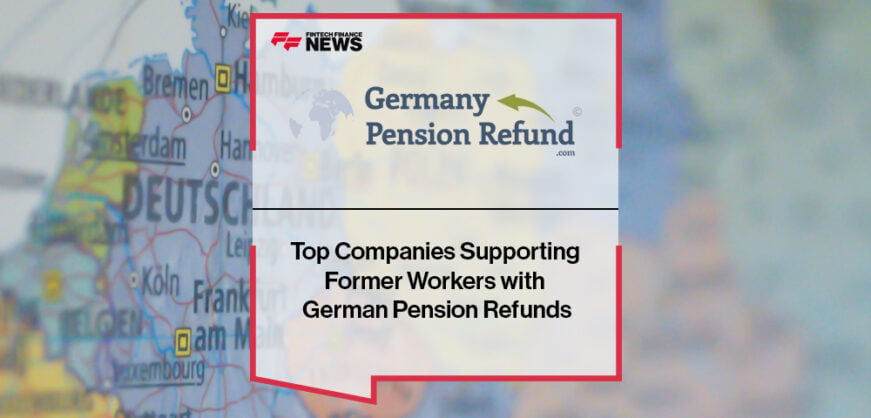Breaking News

UK Gov Net Zero Strategy: Leading the World in Green Finance
The UK Government Net Zero Strategy* has revealed how it expects most investment in the path to net zero to come from the private sector, however market failures means they cannot do it alone. The UK Government is working with the private sector to create a world-leading net zero financial system, with climate-related financial risk embedded into the regulatory frameworks to help guide capital flows to green investments. It details how key to delivering enhanced disclosure on climate change is the availability of data financial institutions can use.
Patrick Mottram, senior director, location intelligence, at Precisely, offers the following comment:
“In the UK Government’s Net Zero Strategy, it rightly states the path to net zero cannot be done alone, and climate risk is a critical point of attention for all organisations. Financial institutions are typically the first to be impacted by climate-related disasters, which can result in huge financial losses, year-after-year – so they need to be able to better evaluate the risk and make more accurate predictions, particularly when estimating potential losses, in order to provide more assurance for their customers. This relies heavily on the integrity of the data driving the decision-making – trusted insight needs to come from data that has consistency, accuracy and location-based context.
“Predictive climate risk analysis powered by weather data, Artificial Intelligence (AI) algorithms, and location-based technology can link predictions to locations and assets. Companies need to make use of geospatial intelligence to map and analyse information relevant to the locations in which they operate. In climate change, domains such as risk management, loss and exposure assessment, or parametric insurance, have adopted new technologies for more sophisticated climate disaster prediction models. Advances in computational capabilities are the most obvious growth factor, as more data becomes available, a greater level of accuracy is required. However, the models most commonly used present their own challenges, as they constantly evolve and need regular recalibration to avoid the BlackSwan phenomenon.
“Businesses need to continue to operationalise these factors, which requires global data, tools and, more importantly, experts who are highly trained in this domain. Using a third-party provider can assist in the assessment of the growing impact by climate threats on organisations.”
People In This Post
Companies In This Post
- Top Companies Supporting Former Workers with German Pension Refunds Read more
- Trust Travel, a TUI Brand, Partners With Qover to Deliver Seamless Travel Protection at Booking Read more
- New Partnership Introduces First-of-its-Kind Model To Democratise Olympic Sailing Read more
- Offa Outpaces High Street Banks on Speed With Islamic Mortgage Launch Read more
- Engine by Starling Enters Fourth Global Market With New Zealand’s SBS Bank Read more













